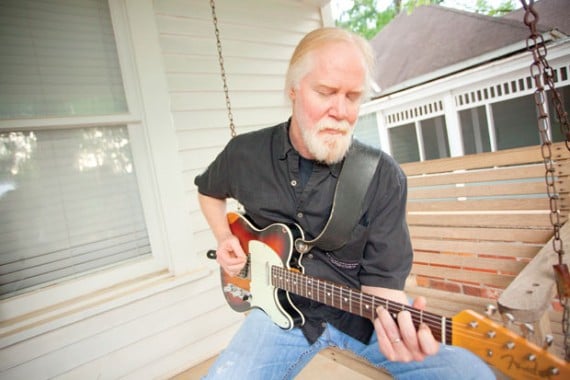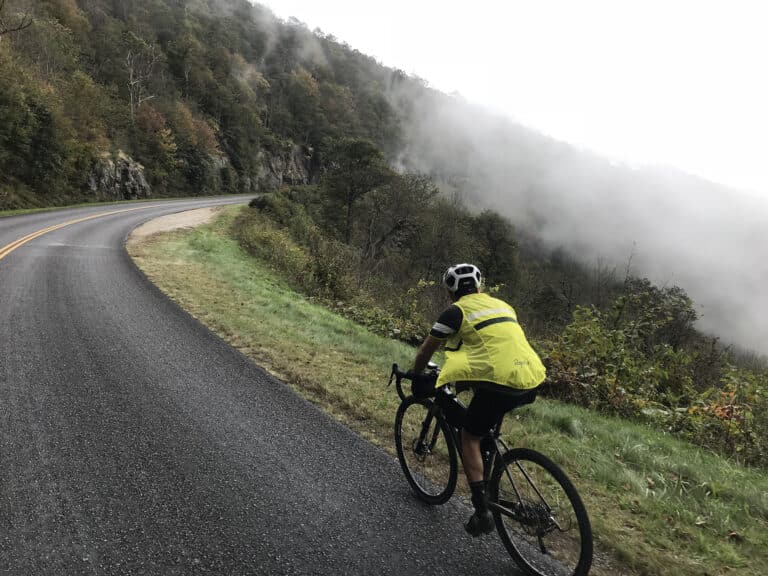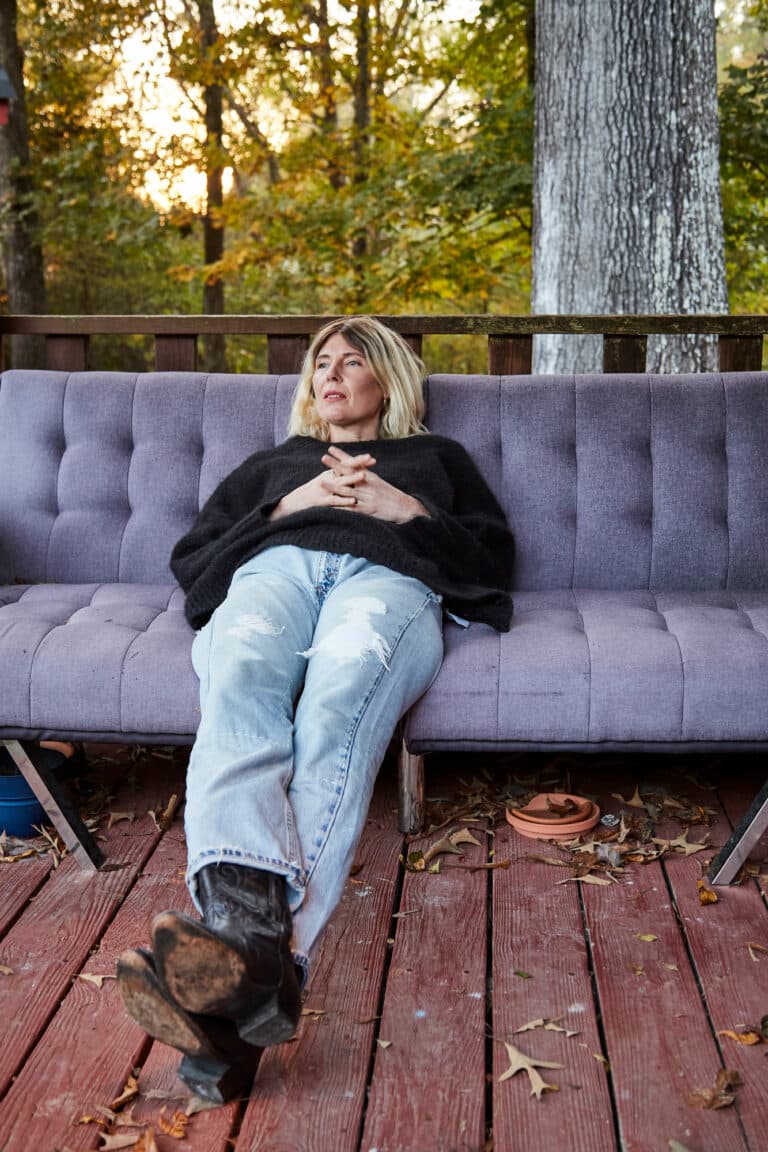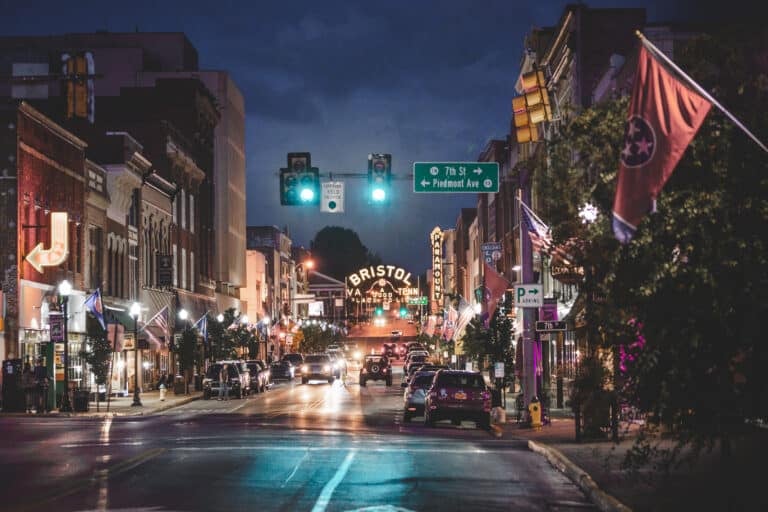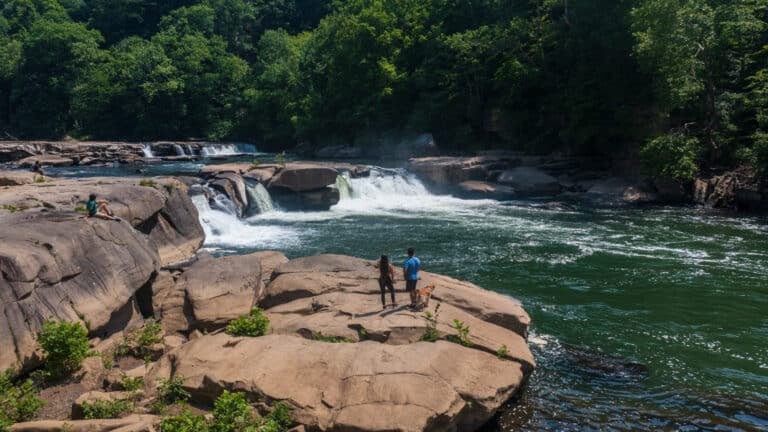Guitar Hero: With free time during Widespread Panic’s hiatus, Herring recently released a solo album.
Jimmy Herring goes solo
Jimmy Herring has been asked to fill some big rock ‘n’ roll shoes. In addition to a half-year stint in the Allman Brothers Band following the departure of Dickey Betts, he’s played lead guitar for some notable Grateful Dead spinoffs, including The Dead and Phil Lesh and Friends, which found him reinterpreting the licks of Jerry Garcia. These days Herring is a full-time member of Widespread Panic—a role established following the untimely death of the band’s guitarist Michael Houser.
With Panic mostly off the road this year, Herring took the opportunity to release a new solo album, Subject to Change Without Notice. Backed by a band of ace players from his Atlanta hometown, Herring uses the instrumental effort to deliver his fluid style through a range of genres from country rock jams to the spacey free jazz he explored two decades ago in his first notable band the Aquarium Rescue Unit. Ahead of a tour through the South this month that includes multiple stops in North Carolina and Virginia, Herring chatted with BRO by phone.
BRO: You’re known for your work with well-established rock bands. When it comes to your solo work, what informs the various directions you take the music?
JH: It comes from liking music from different places and cultures. For me, blues is the root of everything and from there my interests have grown to include a lot of jazz and funk, which is definitely heard a lot on this album. I cover the spectrum of American roots music that I listened to growing up, but the band and I also like to incorporate elements of Indian music and other sounds from abroad.
On your new album you cover George Harrison’s “Within You Without You.” What makes you decide to interpret a lyrical song as an instrumental?
To me, the human voice is the greatest instrument of all. But I don’t posses the ability to sing, so I try to do it with the guitar. If I am going to do a vocal tune, what grabs me is the melody. That song has such a strong melody, so when we’re playing it, I’m hearing the words and they’re coloring the way I play it in an instrumental situation.
Jeff Beck is a master of playing vocal tunes on the guitar, and he’s a big influence. I also hang out with Derek Trucks, who plays guitar like a gospel singer. Hearing guys like that has also rubbed off on me.
Some of the album hints back at the free jazz elements from your days in Col. Bruce Hampton and the Aquarium Rescue Unit, a band many feel broke up before reaching its potential. How pivotal was that group in your development as a player?
My musical journey has been a little bit backwards. Guitarists generally grow up learning the fundamentals and how to serve songs appropriately. Usually you learn the rules before you break them. Bruce’s band was my first real band experience, and his philosophy is more about being in the moment. He’s really into Miles Davis and Ornette Coleman. The focus was on improvisation and changing the way things were played from night to night. It forced me to become fearless in my playing—not afraid to make a mistake.
After my time in the Aquarium Rescue Unit I started getting calls from bands that wanted me to play more structured songs. In many ways I went from the avant-garde back to things that were more basic. It wasn’t always easy and not a path I would necessarily recommend to new players.
You’ve been asked to fill some big shoes on the guitar. Who are your heroes on the instrument?
My older brother had a tremendous record collection, so Jimi Hendrix and the Allman Brothers were in my DNA growing up. He also had a bunch of old blues stuff: Otis Rush, Albert King, and Freddie King. It was destiny for my brother to be my biggest influence.
When the Allman Brothers called me, I didn’t believe it at first. The sound was already in my subconscious, but the struggle I had there was always thinking I was playing inappropriate things. The guitar sounds of Dickey Betts and Duane Allman are very distinct, so stepping out of that kingdom can send a song into another place that’s not in the expected style. I worried my vocabulary in free jazz wouldn’t sound right or I’d try to do too much. I admit that sometimes I play too many notes. I’m a long-winded person when I’m talking and playing.
Since you’re now six years in with Widespread Panic, how have you settled in a permanent role with the band?
The same struggles sometimes exist that I found in the Allman Brothers, but it’s a little different than playing with icons you’ve idolized since you were 14. Whenever you join a band that’s cultivated an established sound, you have to tip your hat to it. The difference in Panic is that the band members are my friends and my peers. I’ve known them since the late ‘80s; they used to bring Aquarium Rescue Unit out on the road and let us sleep on their hotel room floors. In the past six years the band dynamic has become a lot more fluid. They’ve never put any expectations on me, but I’m still always trying to make the right decisions for the music when we’re in the moment. Fortunately I’ve only been encouraged to play my way. •
